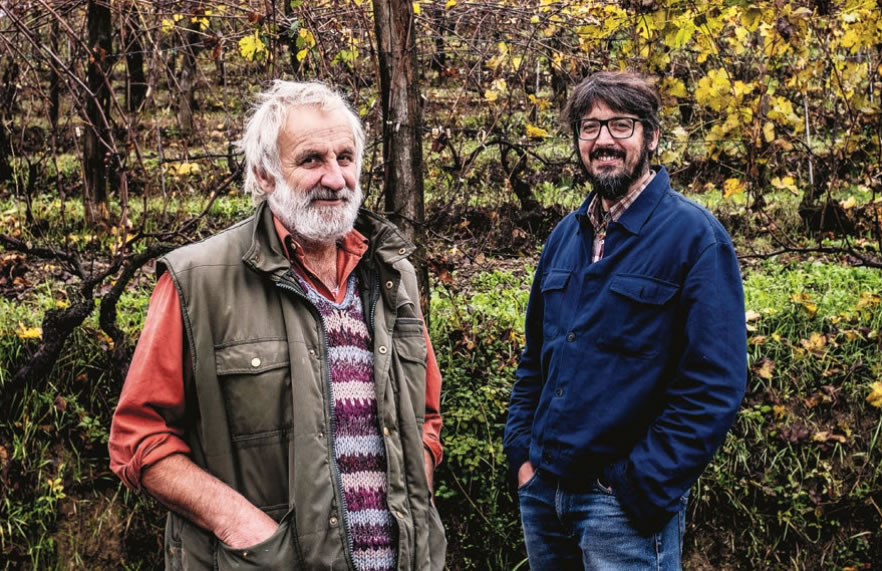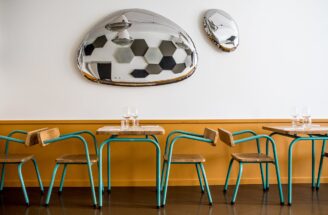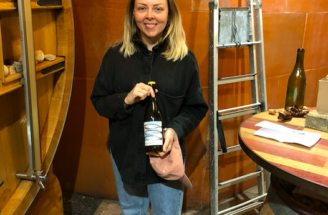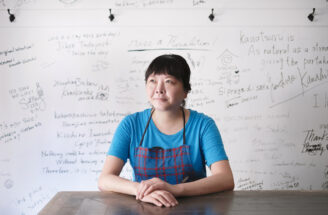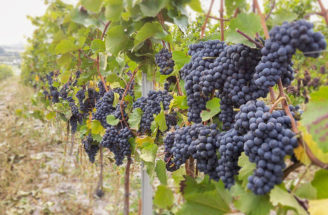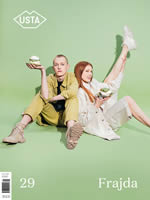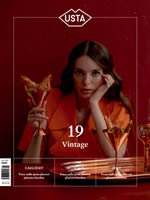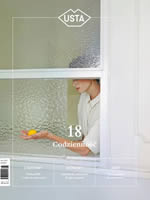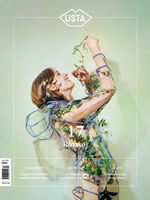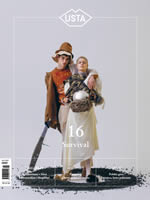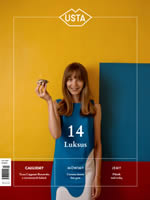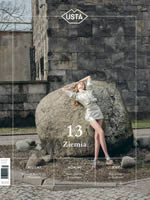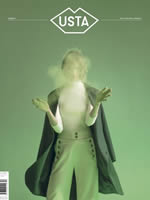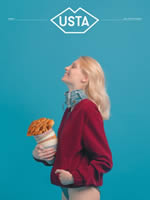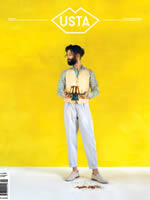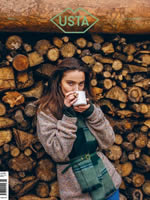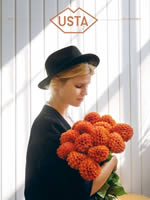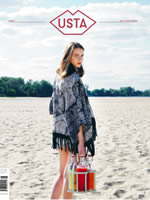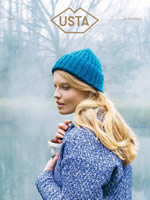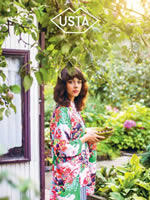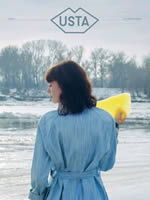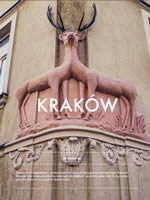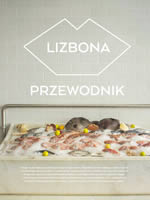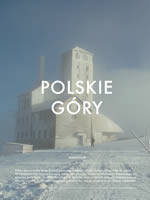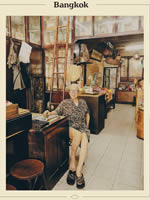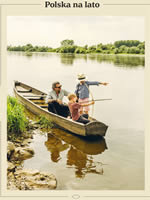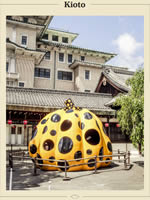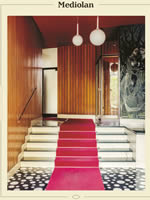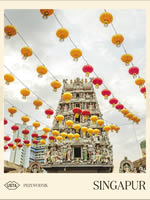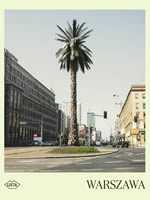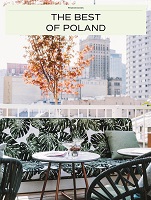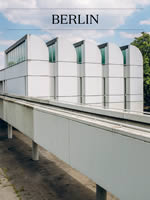An hour’s drive from Milan is enough to make our way through industrial suburbs full of dilapidated brick buildings with broken windows, decaying factories with an uncertain future, and find ourselves among the beautiful hills of Piedmont overgrown with vines. There, in the small village of Costa Vescovato, the Valli Unite commune has been operating for almost 40 years. It was created in the early 1980s by three young boys: Ottavio, Enrico and Cesare, sons of local farmers. They decided to join forces to efficiently cultivate the land that had belonged to their families for generations. This is how the United Valleys (Italian: valli unite) came into being.
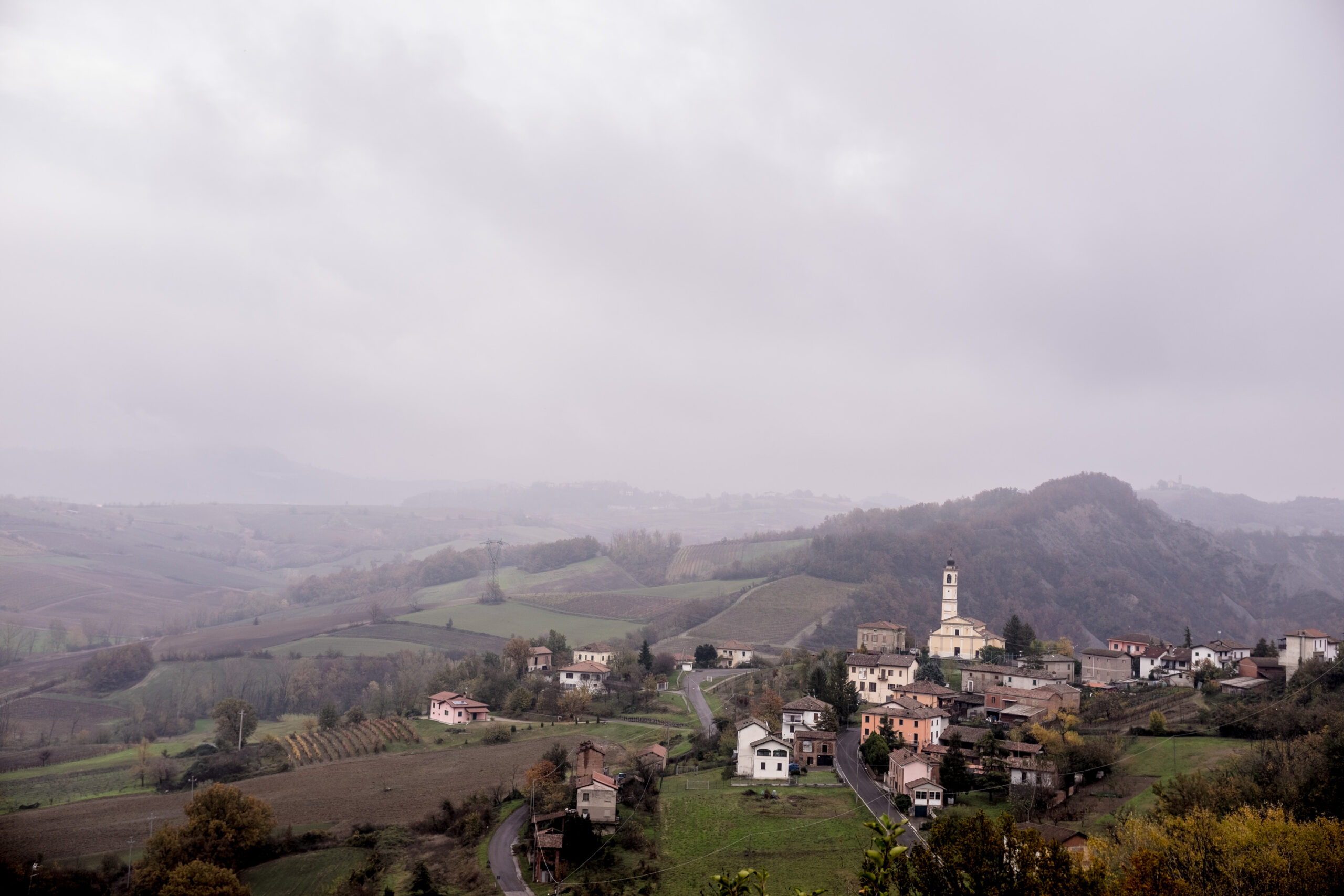
Surviving in the barn
– We never wanted to go to the city, to live in the city. This land is our home, our heritage. We belong to it,” Ottavio says. – The turn of the 1970s and 1980s was a difficult time for agriculture in Italy, everyone left for the city, and even if someone stayed here, they were ashamed of this village. Like our neighbour Johana, who used to cover her face with a special veil when working in the fields so the sun wouldn’t burn her. Because it was a sign of lower status. We found that if we united, we might be able to survive. We felt the need to take care of the land abandoned by others. We wanted to be old-fashioned peasants in a modern world where most people want to live in the city and work in a factory,” Ottavio laughs. This was completely unusual, especially in the early 1980s, when everyone was migrating en masse to be close to technological inventions, large corporations and visions of life in a futuristic metropolis. Ottavio, Enrico and Cesare went in a completely different direction and started building their own farm. First they put up barns made of wood that they recycled, they set up a bull farm to have organic fertiliser for the fields and vineyards. Without animals there is no productive land, was the starting point. Then they set up a shop to sell their organic products directly, and went to town with them to find customers.
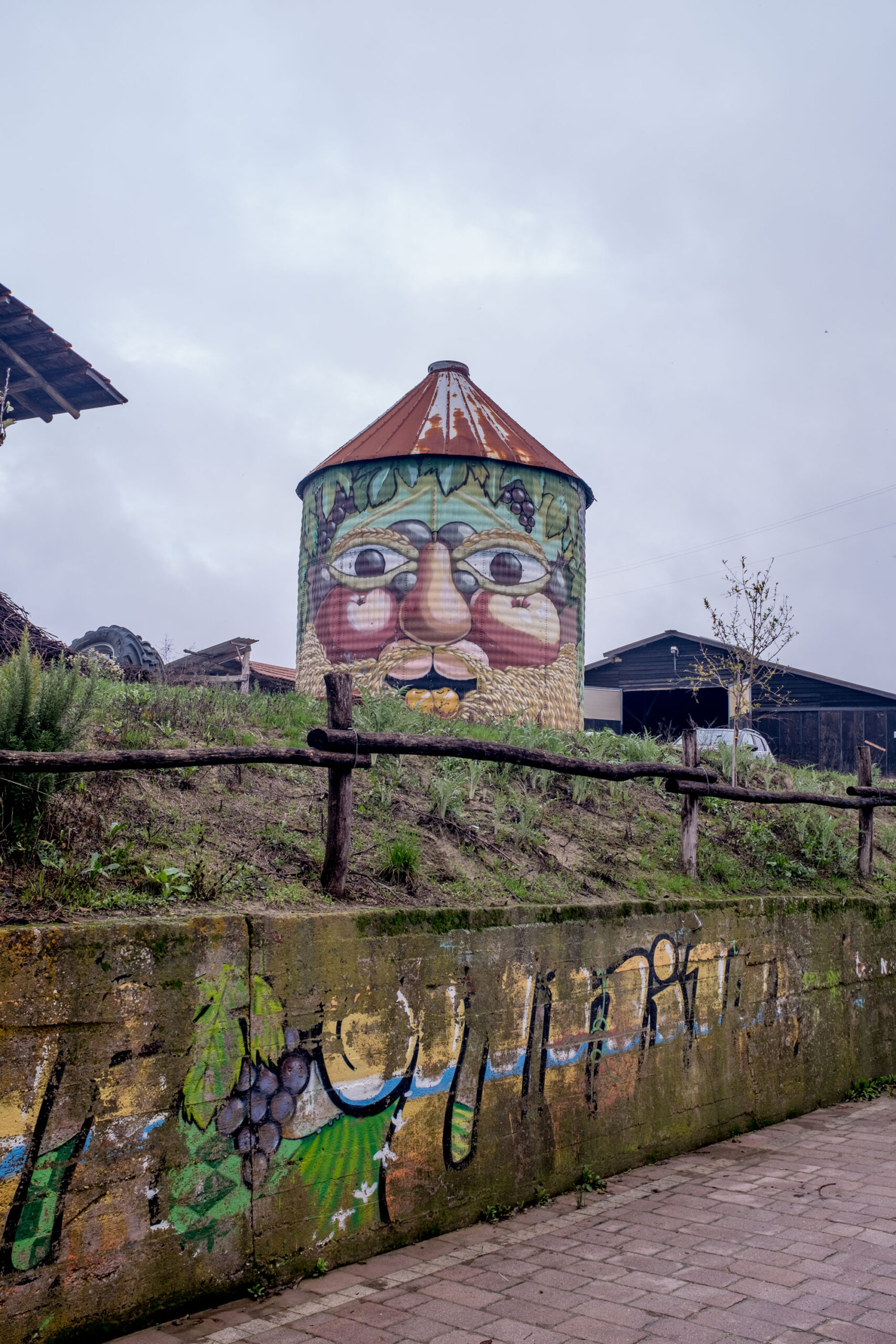
Hands say it all
Ottavio took up vineyards, Enrico cattle and Cesare meat processing. Others soon joined, there were already ten of them, including Carla – Ottavio’s sister. Their mothers also helped them, as their fathers orphaned them very early. But it was Ottavio’s father who instilled in him a love of the land. – He was 52 years old when I was born, he was more of a grandfather to me than a father. When I was 10, we hunted together and went to trim the vineyards. He instilled a passion in me. I never wanted to go to the city. I went to school out of compulsion. Just because they told me to, I finished primary school and three classes of secondary school. I didn’t like it because I felt subconsciously that school was made to steer me towards the city. There are people who say: “I chose to become a farmer”. I never chose to be one, I’ve always been one,” Ottavio laughs, and we believe him as we look at his clammy, strong hands.
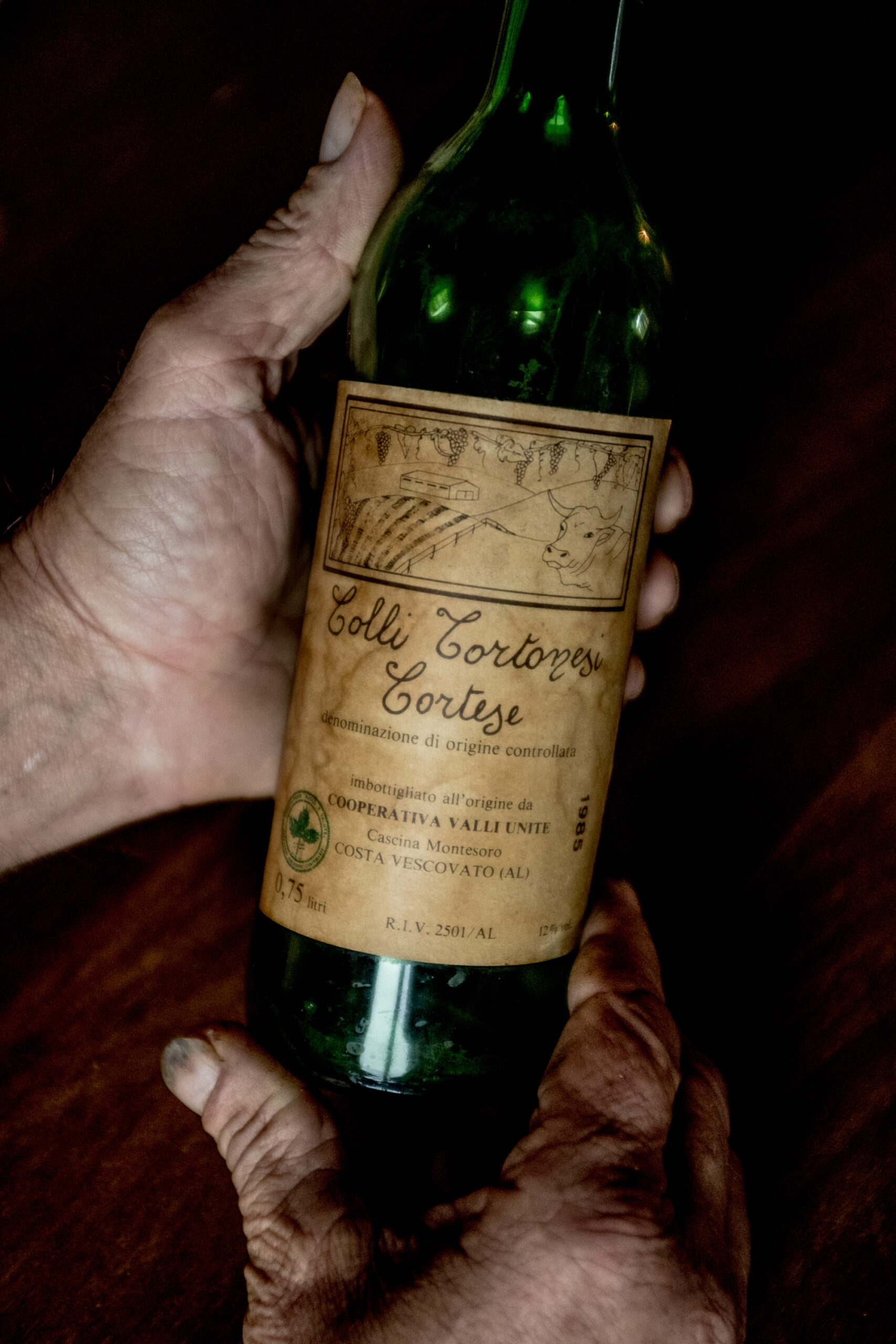
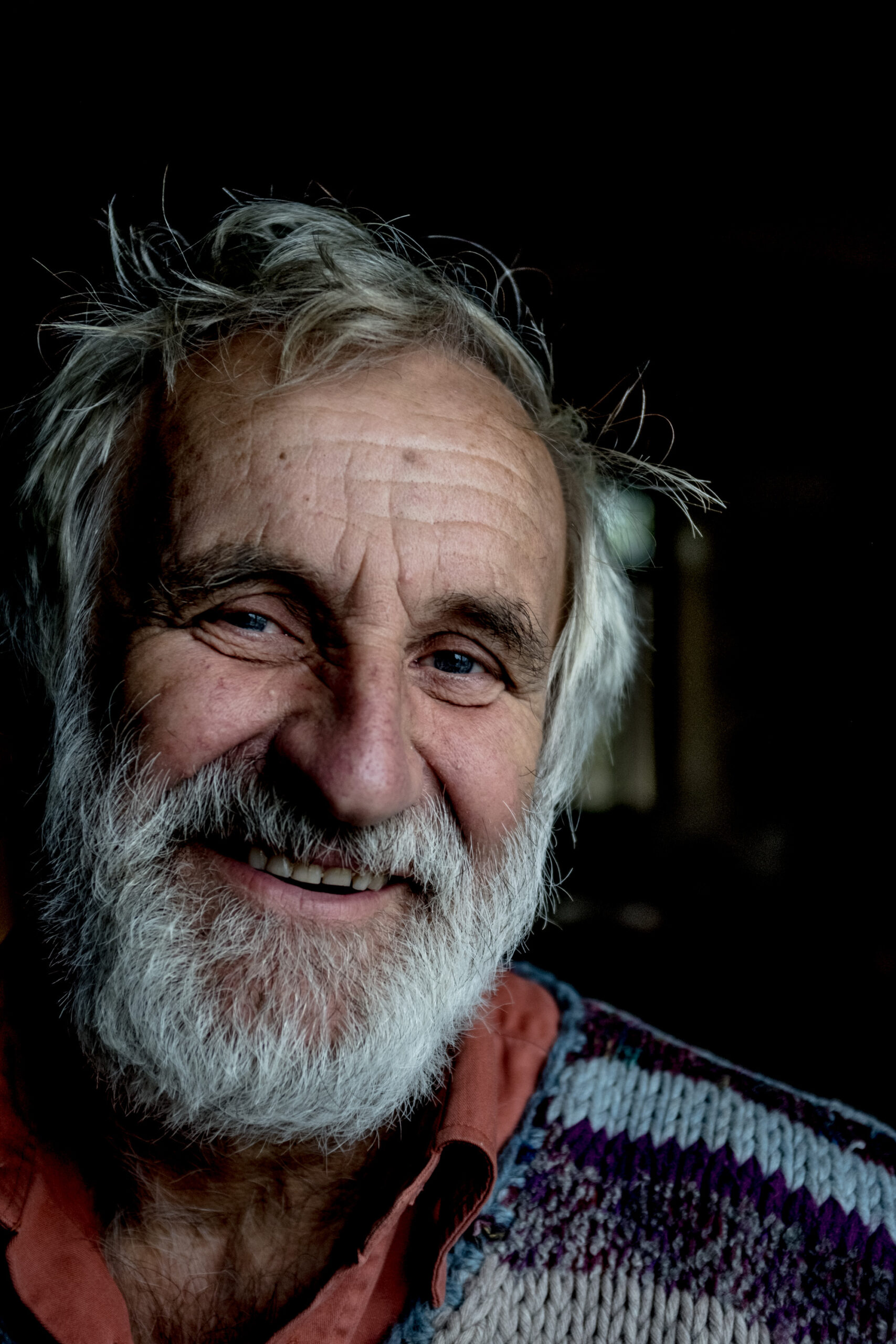
For the first few years they worked like crazy, 15-16 hours a day. They were never rich, so they had to make everything themselves. Then the first foreigners arrived – Dutch, Belgians, Germans – and started working alongside the founders of the co-op. Paulus, a Dutchman, has lived in Costa Vescovato for 25 years, Belgian Nicole, today president of Valli Unite, has been here for 12 years, and Elisabeth from Germany has lived here for three years, having joined after graduating from the slow food University of Gastronomic Sciences in Pollenzo. She is one of the few female butchers in the world. Today, the co-op has 23 members and more than 30 people work here on 100 hectares of land. They grow vines, cereals (wheat, barley and rye), have beehives and produce cured meats. They also sell high-quality Piedmontese beef and raise goland pigs. The animals graze on semi-wild pastures and surrounding fields. The farmers run a shop and restaurant (open on Fridays, Saturdays and Sundays), which is also their canteen. Every day at 2pm, all the staff and members of the co-op meet to eat lunch. – This is a fixed point in our lives. Even when someone is having a worse time, at least the certainty of getting a bowl of warm soup and meeting people to talk to, who are willing to listen to them,’ Alessandro assures us.
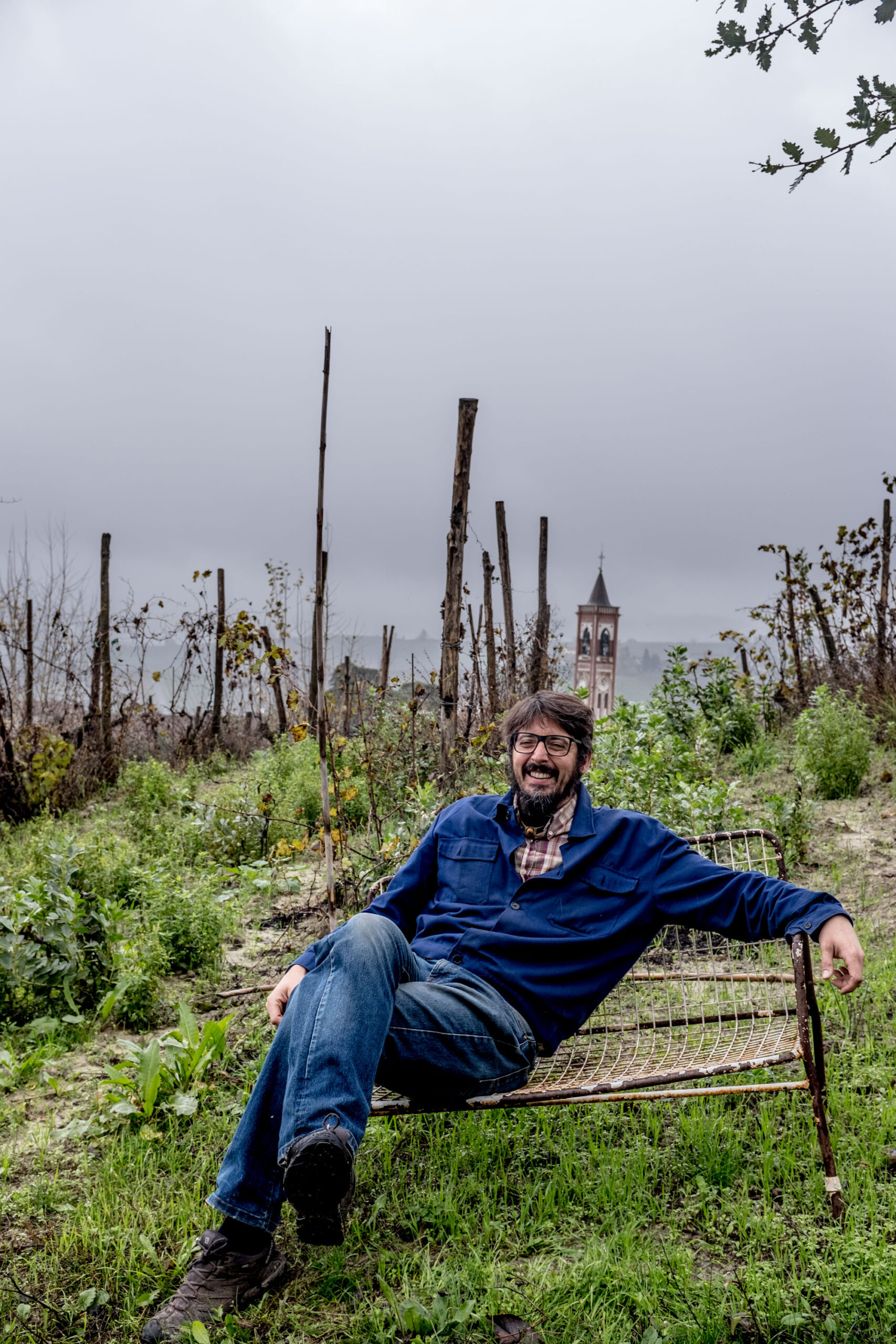
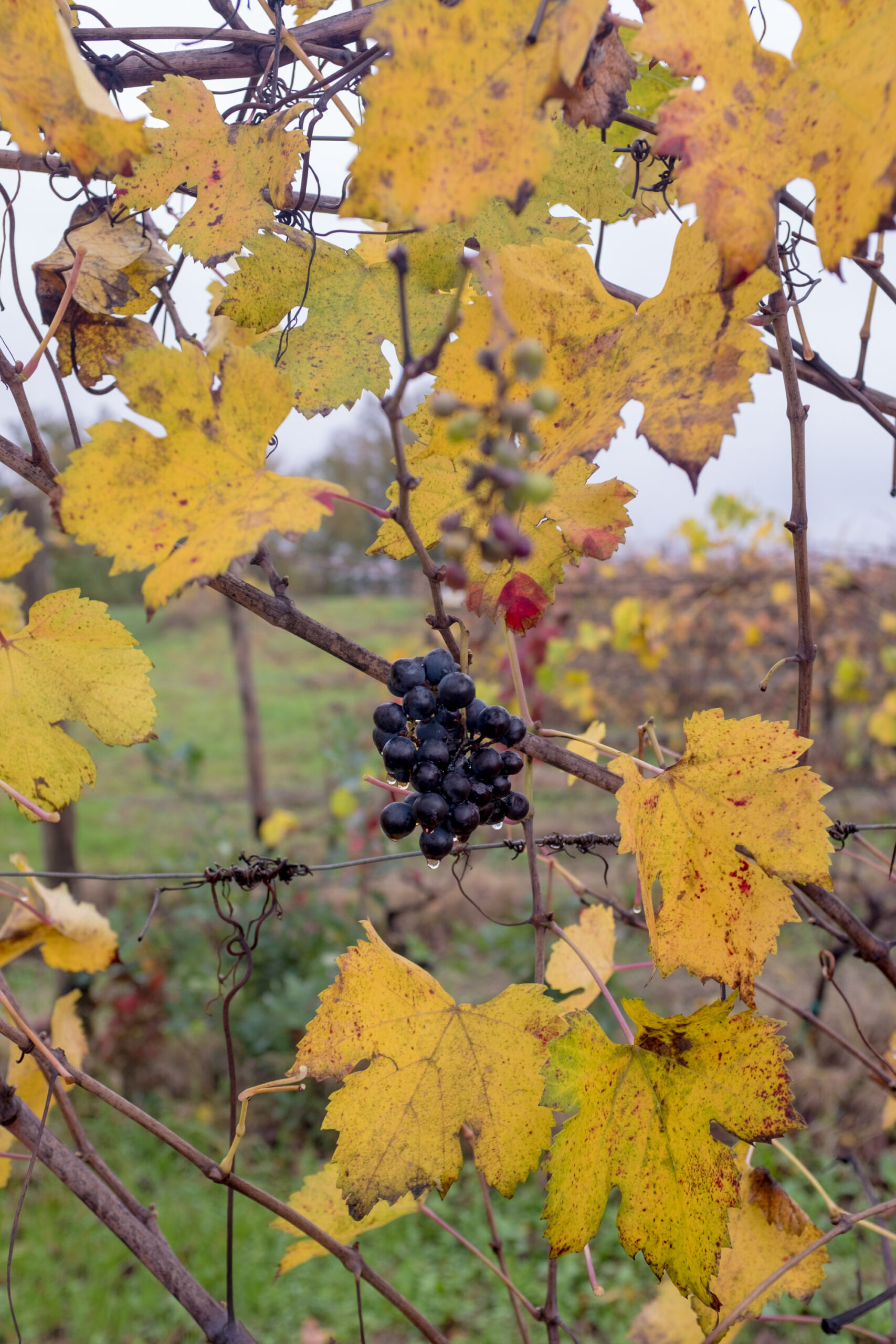
From Piedmont to Tokyo
Alessandro Poretti first came here 14 years ago. He was studying Food Science and Technology in Milan. For one of the student events, they decided to buy food and drinks straight from the farmers. They invited three farms to present their products and philosophy. – This is how I met Ottavio. I listened to him and was fascinated! I decided to do an internship at Valli Unite. My studies had given me a lot of knowledge, but I had no experience. That’s how I first came to Costa Vescovato. I started working with Ottavi in wine production. Then I still went back to university to study oenology for a year. I was now ready to join Valli Unite permanently,” he recalls. Today, Alessandro creates outstanding, avant-garde wines that are exported to Japan, the United States and many European countries. Our favourites are Il Brut & e Beast, a fantastic pét-nat, slightly cloudy, gently effervescent, with engaging stable notes in the nose, or the orange Rosatea, subjected to spontaneous fermentation, preserved without added sulphur. A light, joyful, fruity-herbaceous wine. To create it, more than a dozen grape varieties – white and red – were blended. Why? – Because we don’t waste anything! – laughs Alessandro. – We have barbera, cortese, dolcetto, malvasia, brachetto, but also many old varieties, some names we don’t even know! But it’s a shame for us to throw them away to create a varietally homogeneous wine. That’s why Rosatea was created. I used what the earth gave me. And I accept that this wine will taste a little different every year. I am not limited by a vision of the perfect product, I listen to nature, it decides and prompts me. Her voice is the most important,” declares Poretti proudly. Alessandro made his first wine himself in 2007. Two years ago, the first orange wine without yeast or sulphur was made.
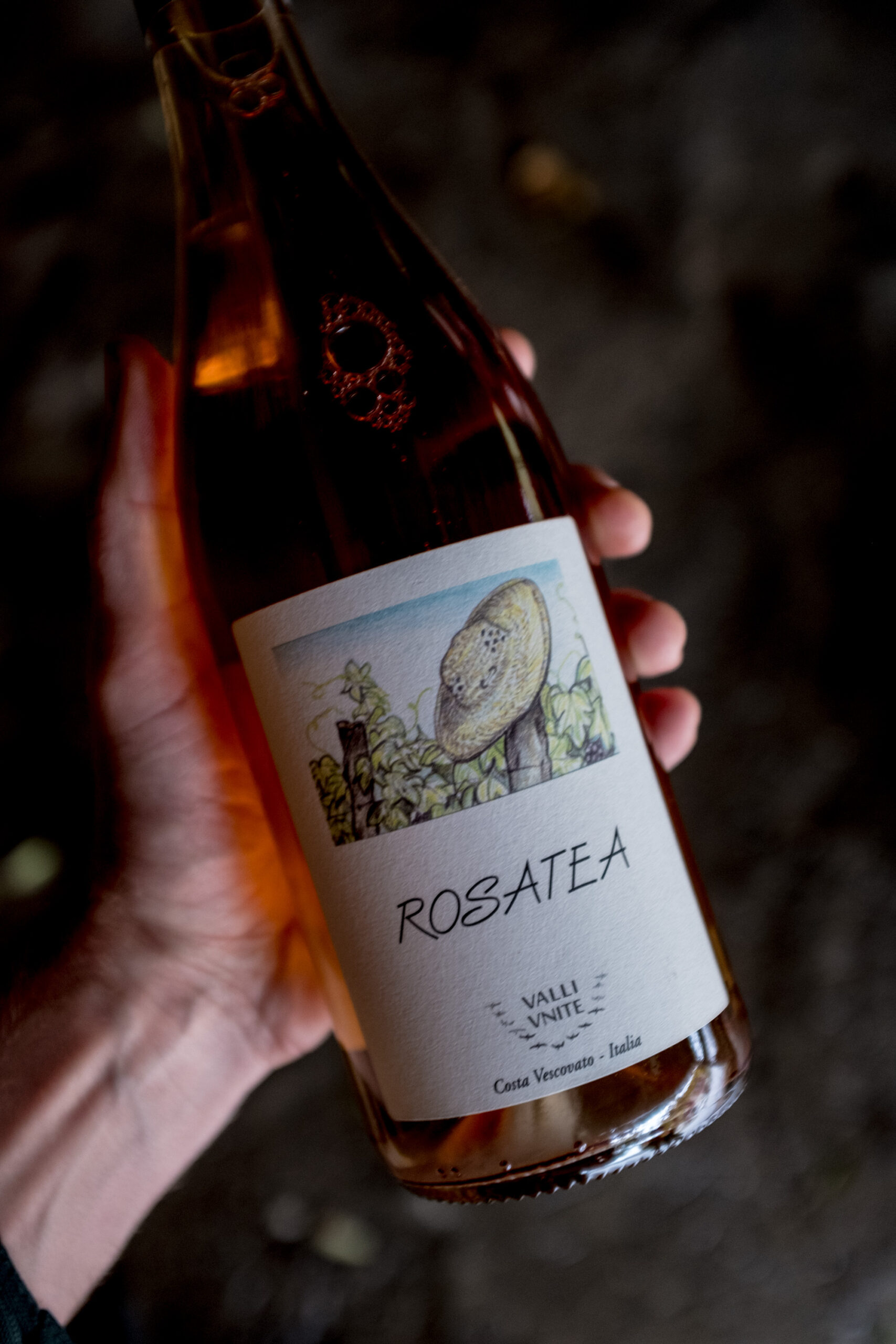
A light, joyful, fruity-herbaceous wine. To create it, more than a dozen grape varieties – white and red – were blended. Why? – Because we don’t waste anything! – laughs Alessandro. – We have barbera, cortese, dolcetto, malvasia, brachetto, but also many old varieties, some names we don’t even know! But it’s a shame for us to throw them away to create a varietally homogeneous wine. That’s why Rosatea was created. I used what the earth gave me. And I accept that every year this wine will taste slightly different. I am not limited by my vision of the perfect product, I listen to nature, it decides and prompts me. Her voice is the most important,” declares Poretti proudly. Alessandro made his first wine on his own in 2007. Two years ago, the first orange wine was made without the addition of yeast and sulphur. Today, all Valli Unite wines are made this way.
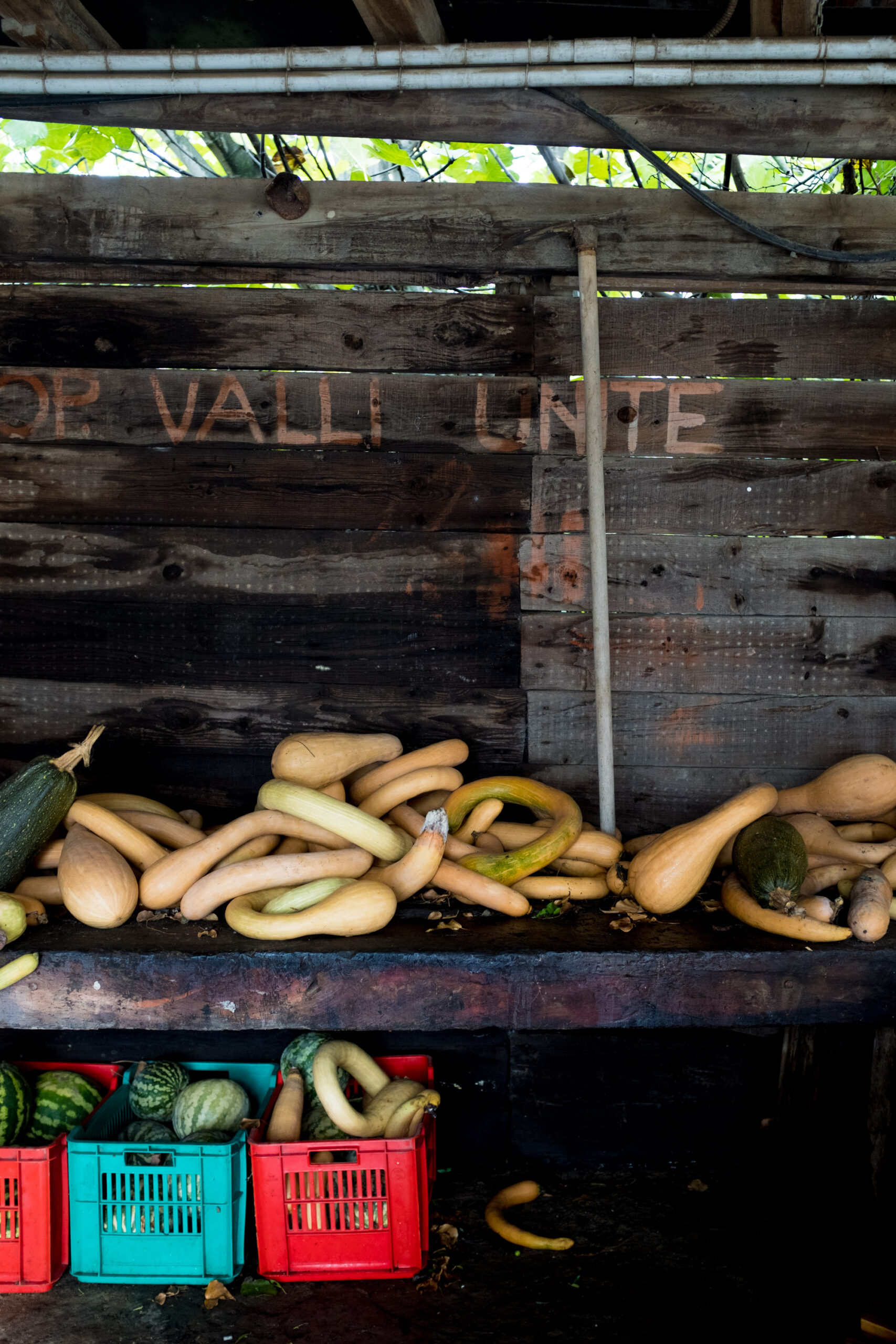
A guilty community
They don’t have a hippie backgroun, Valli Unite has never been about experimenting with drugs, moving into
into other states of consciousness. – The members of the co-op have never lived under the same roof, sharing nothing but a farm and an income. ‘No one here designates how much you will work, you decide for yourself,’ Alessandro explains to us. At the end of the month you give the community the number of hours worked. And they trust that this agrees with the facts. The hourly rate is the same for everyone, it’s €5. Regardless of whether one is a founder or has just arrived in Costa Vescovato. – We have come to terms with this, probably because money is not the most important value in our lives. For us, it is about being happy. When you do what you like, when you are in contact with nature, it is much easier. I lived eight years in Milan, I know city life. Still, when I go back there, I watch TV, go to restaurants, I happen to smoke a cigarette at a party. But life is different here,’ the winemaker weaves and after a while adds: – ‘When I have a problem, I’m upset, all I have to do is go for an hour’s walk in the forest. And all the sadness passes. I come back calm, I know how to solve the problem. – An open door is our slogan,” adds Ottavio.
We are always eager to welcome those who come to us. Whether they are just visiting us whether they are just visiting us or want to stay longer and work with us. – When someone arrives, they usually spend the first few weeks at the Ottavia house,” adds Alessandro. They don’t present any rules or set of rules. People get used to them, they learn learn the rules by osmosis, they just observe how life is lived here. Valli Unite also works with difficult young people, they take them under their wings, allow them to live and work so that they can return to society.
Text Monika Brzywczy
Share this entry on Facebook or copy link